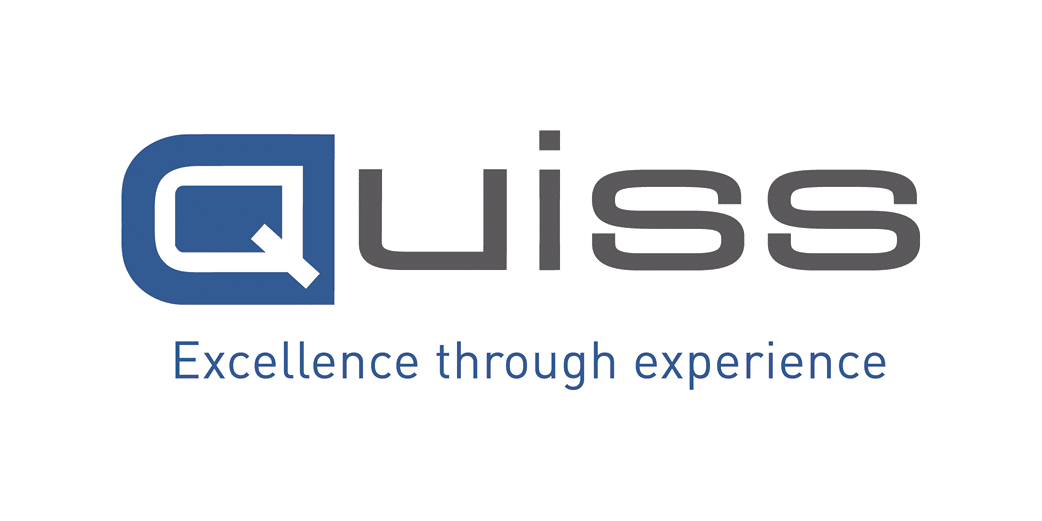
Over a long enough time horizon, positioning beats predicting
Focusing on strategic positioning and adaptability is key to achieving long-term business success, according to Nick Hayne, head of professional services at Quiss
The statement, “Over a long enough time horizon, positioning beats predicting”, implies that in the context of business, it is more effective and profitable to establish a strong position in the market and adapt to changes over time rather than trying to predict future market movements accurately. This idea is based on the understanding that the business environment is complex, dynamic, and often unpredictable, making it challenging to forecast future trends and outcomes consistently and accurately.
Here’s a discussion of this concept in relation to business:
-
Uncertainty and complexity
The business landscape is subject to numerous factors that are difficult to predict accurately, such as changes in consumer behaviour, technological advancements, economic fluctuations, regulatory shifts, and competitive dynamics. Attempting to predict all these variables accurately over a long-time horizon is virtually impossible, making positioning a more pragmatic approach.
-
Strategic long-term focus
Businesses that focus on positioning themselves well in the market concentrate on building sustainable competitive advantages, developing strong customer relationships, and creating unique value propositions. These strategic efforts are aimed at securing a strong market position, making the business less vulnerable to short-term fluctuations and market uncertainties.
-
Adaptability and resilience:
Instead of relying solely on predictions, successful businesses emphasise adaptability and resilience. They continuously monitor the market, industry trends, and customer feedback, allowing them to adjust their strategies and offerings as needed. This flexibility helps them stay relevant and competitive over the long term.
-
Learning from failures
Attempting to predict the future carries the risk of being wrong, leading to costly mistakes. On the other hand, businesses that prioritise positioning understand that failure is often a part of the learning process. They use failures as opportunities to gain insights and refine their strategies, ultimately strengthening their position in the market.
-
Creating and influencing trends
Businesses with strong positioning can influence or even create trends, which can be more powerful than merely predicting them. By innovating and leading in their respective industries, they become trendsetters, attracting customers and partners who want to be associated with the latest and most innovative products or services.
-
Competitive advantage
Positioning enables businesses to build and maintain a competitive advantage, which is crucial for long-term success. Competitive advantages can be based on factors like brand reputation, superior technology, cost leadership, or exceptional customer service, providing a buffer against competitors and market fluctuations.
-
Customer loyalty and trust
Positioning often involves establishing a strong brand identity and fostering trust and loyalty among customers. Satisfied and loyal customers can become advocates for the business, attracting new customers through word-of-mouth and positive reviews, further strengthening the company’s position in the market.
While predicting future trends and outcomes can be beneficial, it is inherently challenging and unreliable over a longterm horizon. Businesses that focus on strategic positioning, adaptability, and resilience tend to thrive and outperform those solely reliant on predictions. By building a strong market position, businesses can weather uncertainties, capitalise on opportunities, and establish a sustainable foundation for long-term success.




